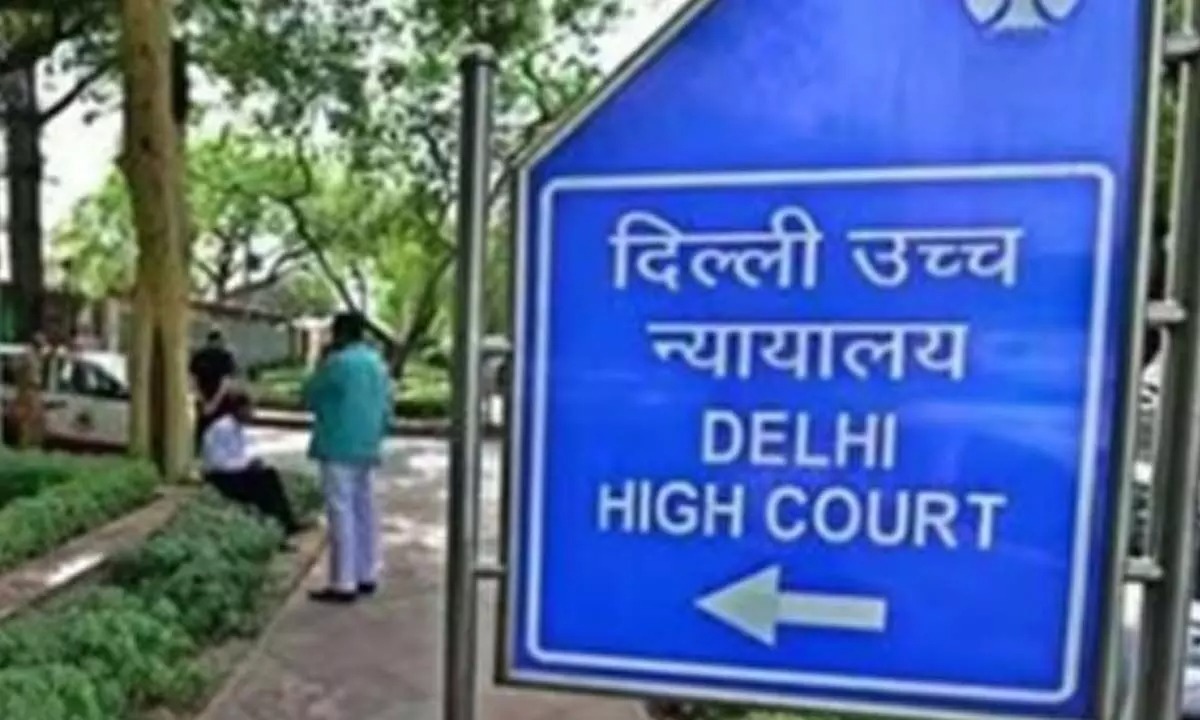H.S. Bedi, J.@mdashThis second appeal has been filed at the instance of the defendant who has lost in the two Courts below. On 11.12.1969, the predecessor-in-interest of respondent 1 and 2, Amar Shah, Plaintiff, since deceased, executed a mortgage of the shop situated in Pinjore for a sum of Rs. 2000/- through a registered mortgage deed with the defendant-appellant, Ram Rakhi and delivered the possession of the demised premises to her at that time. As the defendant was unwilling to redeem the mortgage and to return the mortgage money, they issued a notice to the appellant (Exhibit P-6) on 7.1.1980 calling upon her to redeem the mortgage. This notice was replied to by the appellant vide Annexure P-9 dated 19.1.1980 in which the positive stand taken was that she was willing to redeem the mortgage property if a sum of Rs. 16,000/- that had been spent by her on reconstruction of the shop after it had been demolished in the emergency was given to her. As no further action was taken in the matter by the appellant, the suit for redemption was filed by Amar Shah Plaintiff. As already indicated above, Amar Shah died during the pendency of the proceedings and Bimla Devi and Jamna Devi respondents 1 and 2 were inducted as legal heirs. The trial Court framed the following issues:-
1. Whether Amar Shah mortgaged with possession shop in dispute with the defendant for Rs. 2,000/- as alleged ? OPP.
2. Whether the plaintiffs are entitled to redeem the property on payment of Rs. 2,000/-? OPP.
3. Whether the suit is bad for want of complete particulars of the mortgaged property? OPD.
4. Whether the plaintiff has no locus standi to file the present suit? OPD.
5. Whether the defendant spent Rs. 16,000/- on the mortgaged property after its demolition in emergency as per additional pleas, if so to what effect? OPD.
6. If issue No. 1 is proved to what amount the defendant is entitled to? OPD.
6-A. Whether Amar Shah executed legal and valid will in favour of defendant No. 2, on 4.6.1975, as alleged in written statement. If so to what effect? OPD.
7. Relief.
As the primary issues were decided in favour of the plaintiff-respondents, a decree followed. Aggrieved thereby, the first appeal was taken before the Additional District Judge, Ambala, who affirmed the judgment and decree of the trial Court on issues Nos. 1 and 3 which were pressed before him. The Courts below found that the original mortgage deed with respect to the property though not produced on record was not required to be produced as the correctness of the mortgage deed had been admitted by the defendant-appellant in her reply to the notice (Exhibit P-6). Hence the second appeal in this Court.
2. Mr. Gopi Chand, learned counsel for the appellant, has raised three points before me today. His first argument has been that the mortgage deed in original was required to be produced on record as required u/s 64 of the Indian Evidence Act and that a certified copy of the mortgage deed produced on the record was not admissible in evidence. He has also urged that no admission had been made by the appellant in her written statement or in her reply to the notice Exhibit P-9 and that if this Court had to reply upon the alleged admission made in the written statement, that must be taken in totality as held in
3. As against this, Mr. A.K. Chopra, learned counsel for the respondents, has urged that the finding of fact arrived at by the two Courts below could not be interfered with more particularly in the light of the provisions of Section 100 of the CPC as no substantial question of law had been raised in the appeal. He has urged that from a mere reading of the documents in question, it was clear that the factum of the mortgage deed having been executed stood duly proved.
4. After hearing the learned counsel for the parties, I find no merit in the appeal. The primary argument of Mr. Gopi Chand, learned counsel for the appellant, that as the mortgage deed was not proved, the property could not be identified, to my mind, is without merit. A cumulative reading of the written statement as also Exhibit P-9 which is a reply to the notice Exhibit P-6 clearly makes out that the factum of the mortgage having been executed was admitted and the only rider placed on its redemption was that as she had spent a sum of Rs. 16,000/- in reconstructing the shop after it had been demolished during the emergency, she was entitled to be reimbursed this amount. In the face of this admission, I am of the opinion that the mere fact that the original mortgage deed in question had not been produced in Court would not have any adverse effect on the case of the respondents. Mr. Gopi Chand''s second argument that the admission was to be read as a whole and not to be torn as under may be meritorious but this question does not arise in the facts of the case. It is to be noted that the primary purpose for denying the admission was that the identity of the shop in question could be disputed. However, even in the written statement, the only dispute was with regard to the dimensions of the property and there was not even a suggestion that the identity of the property was disputed. To my mind it appears that when the dimensions of the shop are disputed, it cannot be said that the identity of the property has been disputed. Moreover, from reading of the admission as a whole, it cannot be lost sight of that it had been admitted that the shop in question had been mortgaged but as already indicated above it was sought to be redeemed only on the payment of Rs. 16,000/- which had been spent by the appellant on the reconstruction of the shop after it had been demolished during the emergency. Even this assertion was untenable as no evidence had been produced by the appellant with regard to issue No. 5 i.e. with regard to the amount that she had spent on the shop in question and the trial Court accordingly gave a finding against her on that issue.
5. The last argument of Mr. Gopi Chand based on
6. For the reasons recorded above, the present appeal is dismissed with no order as to costs.

